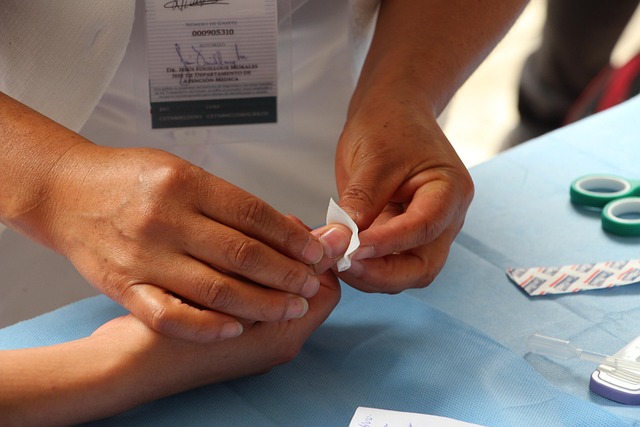Understanding Colon Cancer Treatment Options: A Comprehensive Guide
Colon cancer treatment has evolved significantly in recent years, offering patients multiple approaches based on their specific diagnosis, stage, and overall health condition. The treatment journey typically involves a multidisciplinary team of healthcare professionals working together to develop the most effective treatment plan. Modern medicine provides various options, from surgery to targeted therapies, with success rates improving through ongoing medical advances.

Chemotherapy in Colon Cancer Treatment
Chemotherapy plays a crucial role in colon cancer treatment, especially for stage III and IV cancers. It can be administered before surgery (neoadjuvant) to shrink tumors or after surgery (adjuvant) to kill remaining cancer cells. Common chemotherapy drugs include 5-fluorouracil, capecitabine, and oxaliplatin. While effective, patients should be aware of potential side effects such as fatigue, nausea, and decreased blood cell counts.
Radiation Therapy Applications
Though less commonly used than in rectal cancer, radiation therapy may be recommended for specific colon cancer cases. It’s typically combined with chemotherapy (chemoradiation) and can help shrink tumors before surgery or treat areas where cancer might have spread. Modern radiation techniques precisely target cancer cells while minimizing damage to healthy tissue.
Targeted Therapy and Immunotherapy Advances
Recent advances in targeted therapy and immunotherapy have revolutionized colon cancer treatment. These treatments work differently from traditional chemotherapy by targeting specific proteins or using the body’s immune system to fight cancer cells. Drugs like bevacizumab and cetuximab target specific growth factors, while immunotherapy medications help the immune system recognize and attack cancer cells.
Monitoring and Managing Treatment Side Effects
Side effect management is crucial for successful treatment outcomes. Healthcare teams work closely with patients to monitor and address complications such as fatigue, digestive issues, and immune system suppression. Supportive care measures, including nutrition counseling, pain management, and mental health support, are integral parts of comprehensive treatment plans.
| Treatment Option | Average Duration | Common Side Effects | Typical Application |
—|—|—|—
| Surgery | 2-4 hours (procedure) | Pain, temporary bowel changes | Early-stage primary treatment |
| Chemotherapy | 3-6 months | Nausea, fatigue, hair loss | Stage III-IV cancers |
| Radiation | 5-6 weeks | Skin irritation, fatigue | Selected cases |
| Targeted Therapy | Ongoing | Skin problems, high blood pressure | Advanced stages |
| Immunotherapy | Varies by protocol | Fatigue, flu-like symptoms | Selected advanced cases |
Prices, rates, or cost estimates mentioned in this article are based on the latest available information but may change over time. Independent research is advised before making financial decisions.
Recovery and follow-up care are essential components of colon cancer treatment. Regular monitoring through blood tests, imaging studies, and colonoscopies helps detect any potential recurrence early. The treatment journey varies for each patient, but advances in medical technology and treatment approaches continue to improve outcomes for colon cancer patients.
This article is for informational purposes only and should not be considered medical advice. Please consult a qualified healthcare professional for personalized guidance and treatment.





